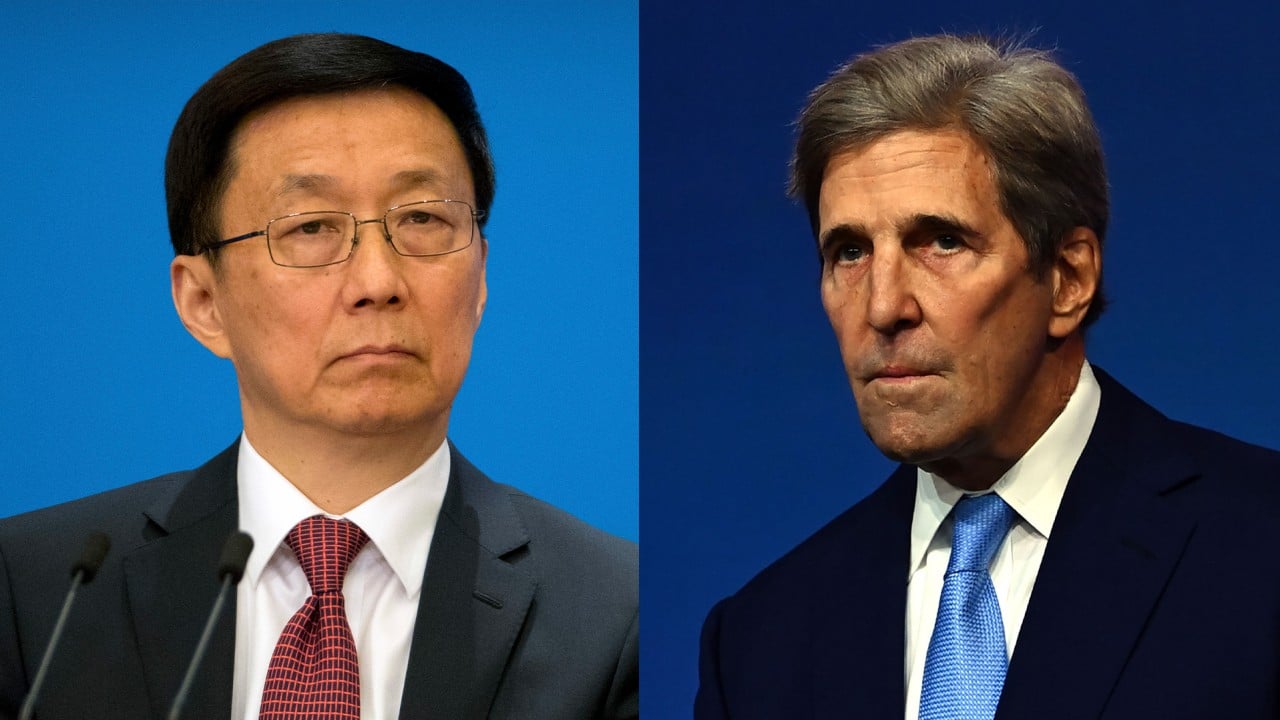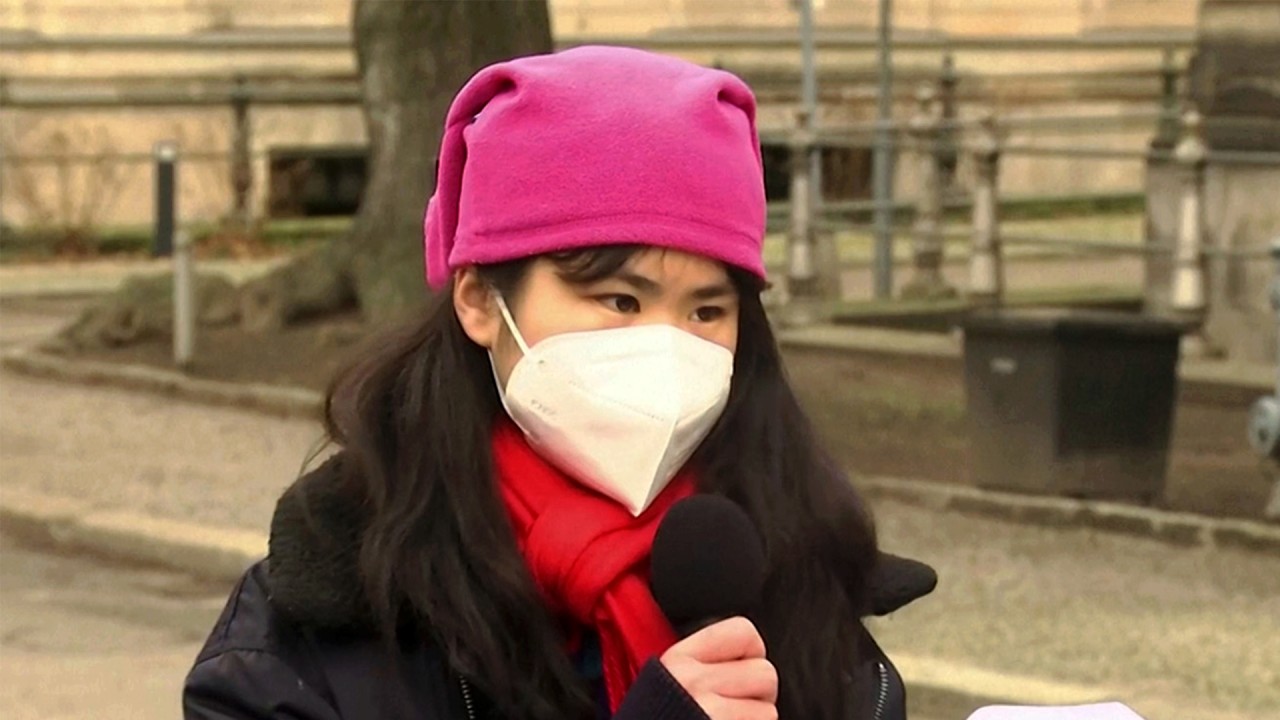
China confirms Xi Jinping will attend Biden’s Earth Day climate summit
- Chinese president will address virtual meeting of 40 world leaders organised by the White House to tackle climate change
- Attendance signals chance for US-China cooperation as well as Beijing’s intention to take a leadership role on the issue
Tracing China’s climate change journey from denial to decarbonisation
Foreign ministry spokeswoman Hua Chunying said Xi would attend the Earth Day virtual summit of 40 world leaders and deliver a speech through video link.
Climate change is seen as one area where China and the US can work together, despite their escalating rivalry in almost every other aspect of their bilateral ties.
US special envoy for climate change John Kerry met with his Chinese counterpart Xie Zhenhua and vice-premier Han Zheng last week in Shanghai, during which the two sides said they were committed to cooperating with each other to tackle climate crisis.
In a sign of possible further discord between the two powers, Xi said in a phone conversation with Saudi Crown Prince Mohammed bin Salman Al Saud on Tuesday that countries should have different responsibilities to tackle climate change.
Xi said climate change and the Covid-19 pandemic were major challenges and countries should work together to formulate a collective response. He added there should be full and effective implementation of the Paris Agreement to address climate change.
China’s position is that developed nations must contribute more to tackle climate change, while there should be help for developing countries to achieve their carbon emission reduction goals.
Last year Xi announced that China, the world’s biggest emitter of greenhouse gases, would achieve a peak in carbon dioxide emissions before 2030 and carbon neutrality by 2060.
Biden will pledge to cut US greenhouse gas emissions by at least 50 per cent below 2005 levels by 2030 at the virtual climate change summit, according to Associated Press, citing people with knowledge of the White House plans.
China’s carbon neutral goal: can it really kick its coal addiction to achieve its 2060 target?
The 50 per cent target would double the previous commitment by the US and would be hard to achieve, said Li Shuo, senior global policy advisor for Greenpeace East Asia.
“The US pledged to cut 26 to 28 per cent of its emissions below 2005 levels by 2025 in two decades and it aims to cut another 22 to 24 per cent in five years from 2025 to 2030,” he said. “It’s easy to set a target but how to reach the target is more important.”
China pledged last December to cut its carbon dioxide emissions per unit of gross domestic production, or carbon intensity, by more than 65 per cent from 2005 levels by 2030.
Because China uses a relative target, unlike the absolute target from the US, it was hard to compare which country’s target is stronger, Li Shuo said. “It depends on what announcements China makes tomorrow. We hope it has further pledges.”
Environmental groups and the international community have urged China to make new pledges at Thursday’s summit, such as an absolute cap on carbon emissions or an end to its financing of overseas coal-fired power plants.
Lin Boqiang, dean of Xiamen University’s China Institute for Studies in Energy Policy, said the US 50 per cent emissions reduction target would not be easy to achieve and might be affected by its domestic politics.
“China’s commitment is more reliable,” he said. “If the US changes president, we don’t know if they will change that target. The 50 per cent emissions reduction target is not enough. The US should also tell us how they will achieve that.”




